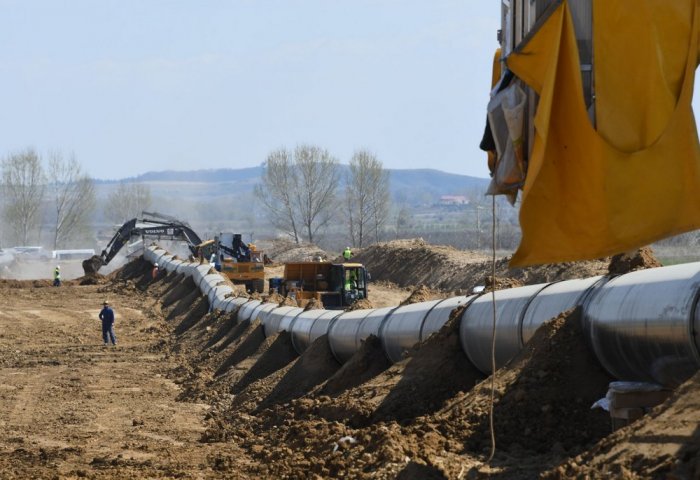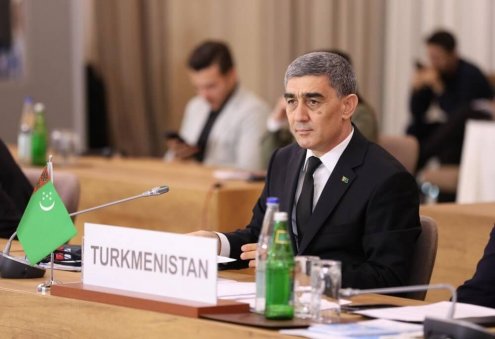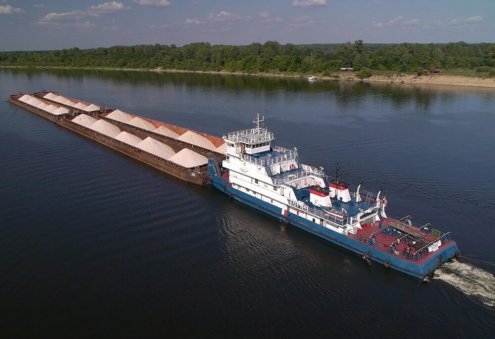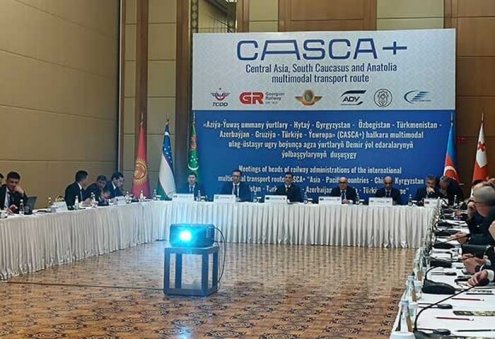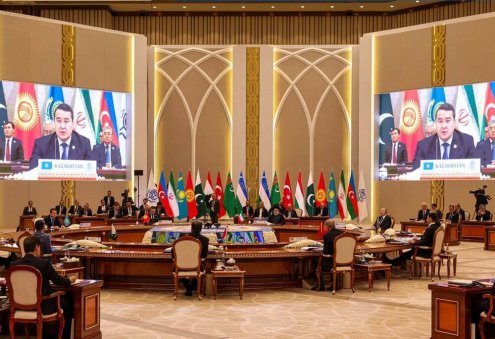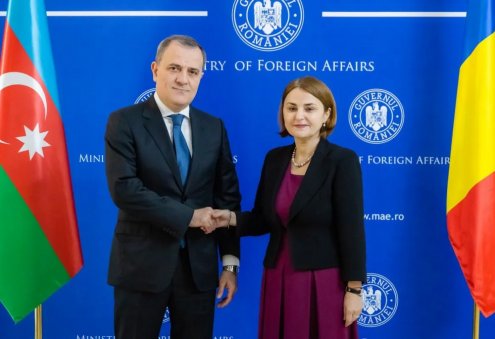Additional gas resources offshore Azerbaijan could flow via the Southern Gas Corridor (SGC) in the future, as could gas from Turkmenistan, S&P Global Platts cites SOCAR Vice President for Investments and Marketing Elshad Nasirov as saying during a webinar organized by the Washington-based Atlantic Council think tank on Tuesday.
Nasirov said Azerbaijan's state-owned energy company SOCAR has turned its attention to "phase two" of the SGC, including bringing in new sources of gas supply to feed the project and finding new buyer markets in Europe.
He added that gas could be sourced from Turkmenistan and Israel in the future, while the SGC could also supply gas to new markets in the Balkans.
"Azerbaijan is prepared to transit gas from multiple sources without discrimination," he said. "Energy is never used as a coercive political tool."
Baku and Ashgabat made a major breakthrough last month when they signed a landmark agreement to jointly develop the Dostluk field in the Caspian Sea, Nasirov noted, adding that the deal would not have been possible without the signing in August 2018 of the Convention of the Legal Status of the Caspian Sea and the completion of the SGC.
"This new cooperation with Turkmenistan will open up more opportunities for Central Asian gas to also join the SGC," Nasirov said.
Nassirov stressed that under the 2018 Convention, a gas pipeline could be built between two gas fields in the Caspian Sea without the need for a separate environmental assessment.
The SGC, designed to bring gas from Azerbaijan into southern Europe, is now complete, with first gas having flowed to Italy via Trans Adriatic Pipeline (TAP) at the end of 2020.
The corridor comprises of the 16 bcm/year BP-operated Shah Deniz 2 field offshore Azerbaijan, the expanded South Caucasus Pipeline via Georgia, the Trans-Anatolian Natural Gas Pipeline (TANAP) in Turkey and the 10 bcm/year TAP link via Greece and Albania to Italy.

